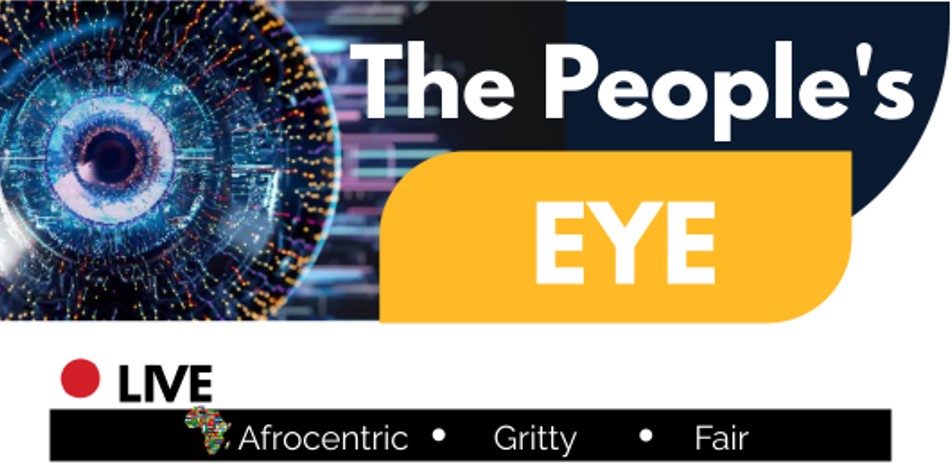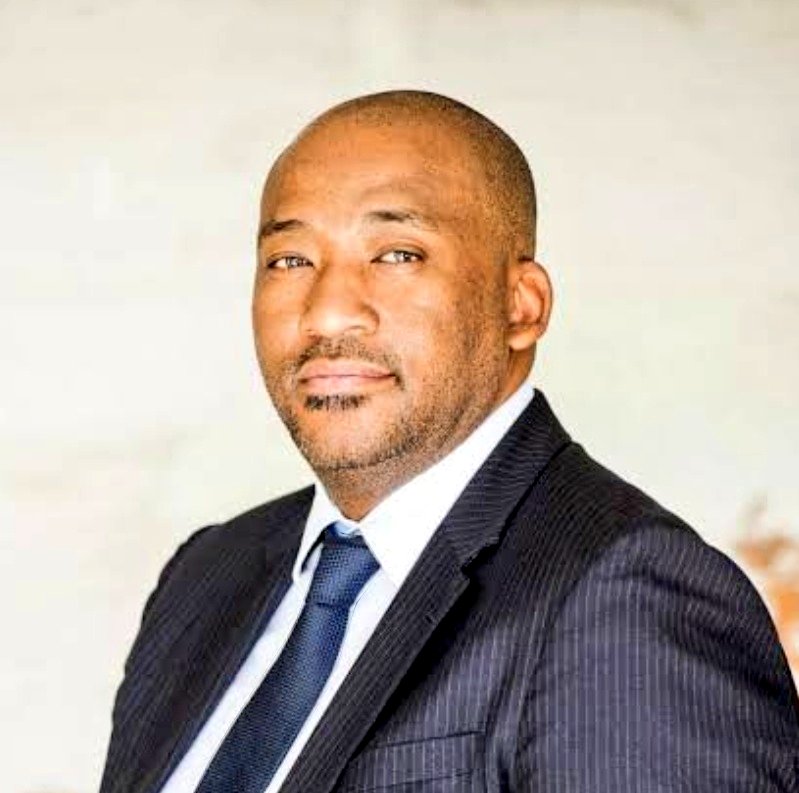-
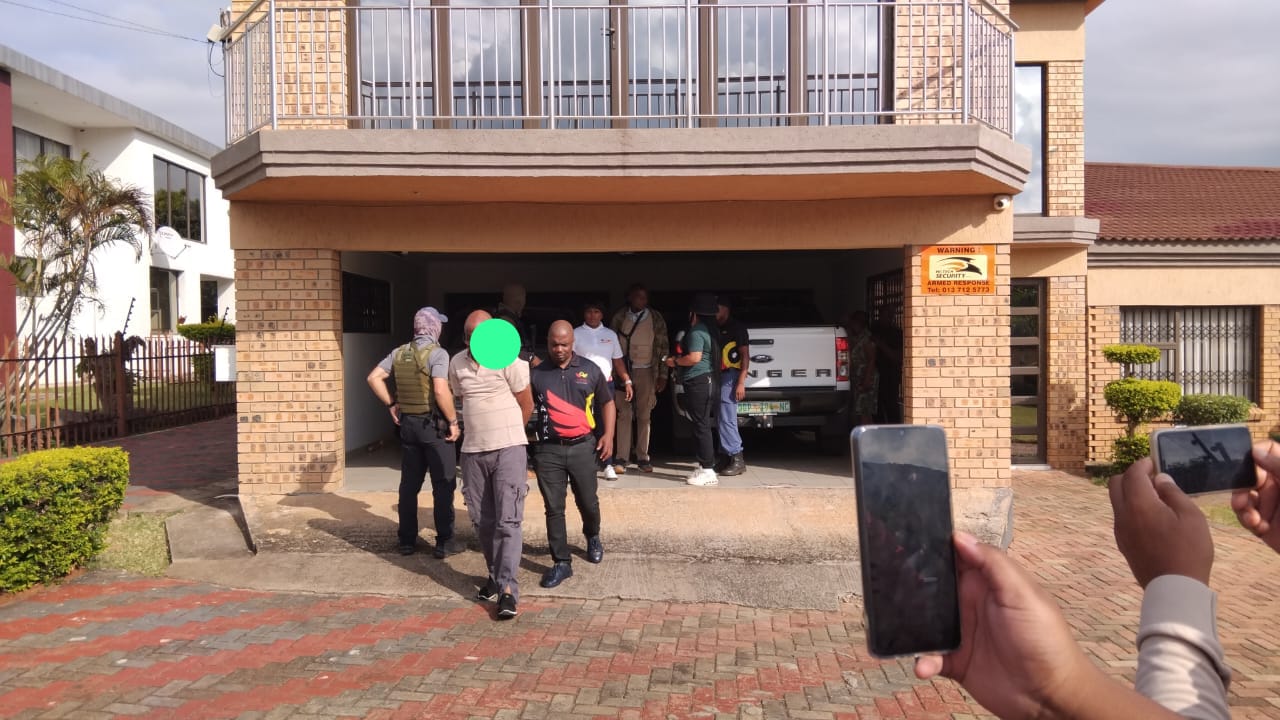 Hawks pounce on Mpumalanga government officials in another repairs and maintenance scandal
Hawks pounce on Mpumalanga government officials in another repairs and maintenance scandal
-
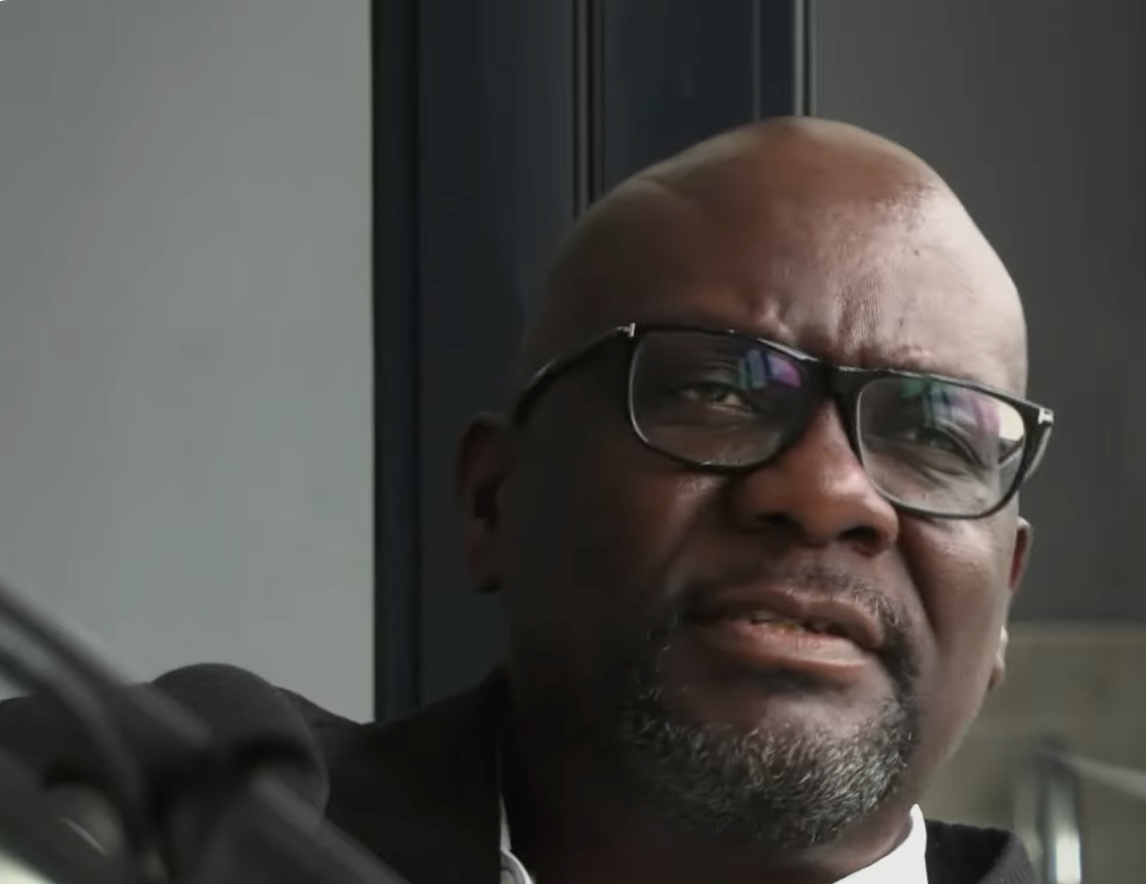 Mulaudzi files R5bn claim against the state
Mulaudzi files R5bn claim against the state
-
 Evaluation Board reinstates disputed value on Rupert’s Mpumalanga property
Evaluation Board reinstates disputed value on Rupert’s Mpumalanga property
-
 Arqomanzi accused of delaying Lily Mine sale because it’s eyeing R141m profit from loan claim
Arqomanzi accused of delaying Lily Mine sale because it’s eyeing R141m profit from loan claim
-
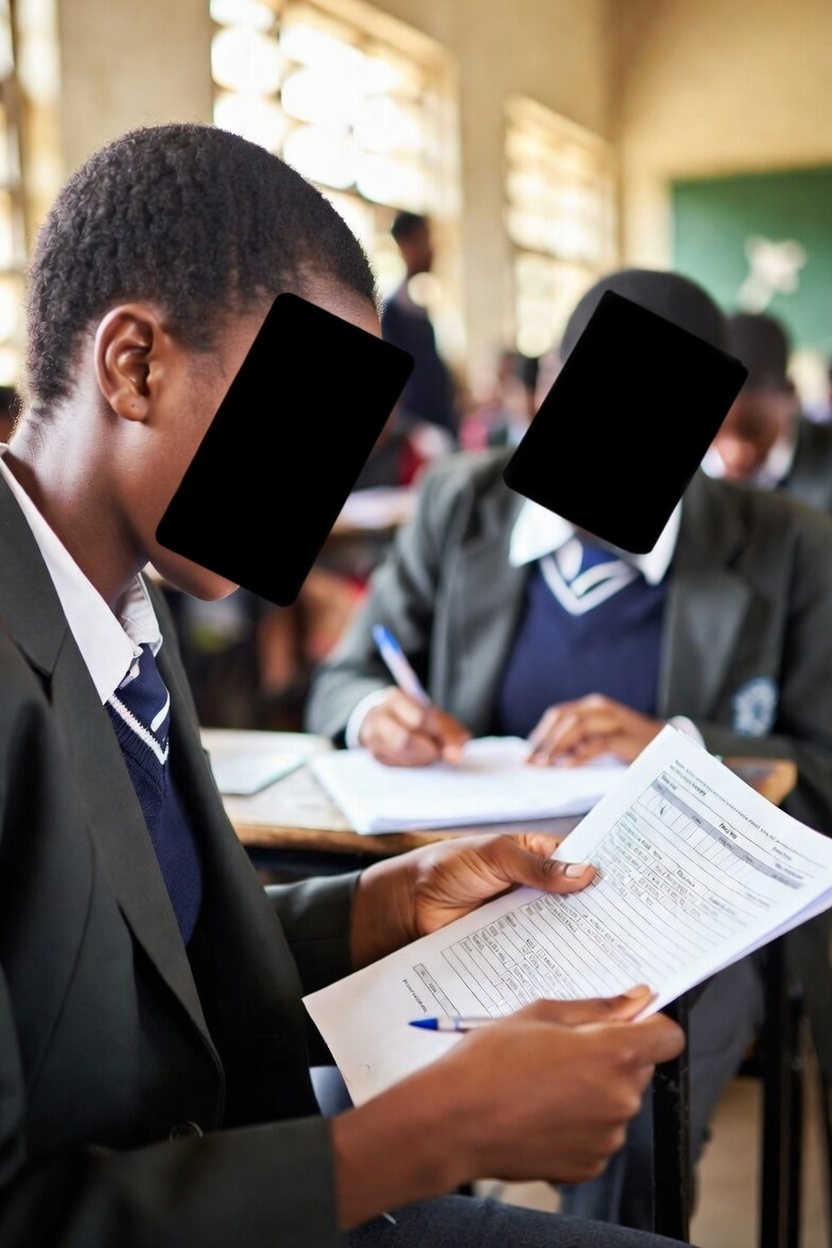 Matric cheating rocks Mpumalanga once again
Matric cheating rocks Mpumalanga once again
-
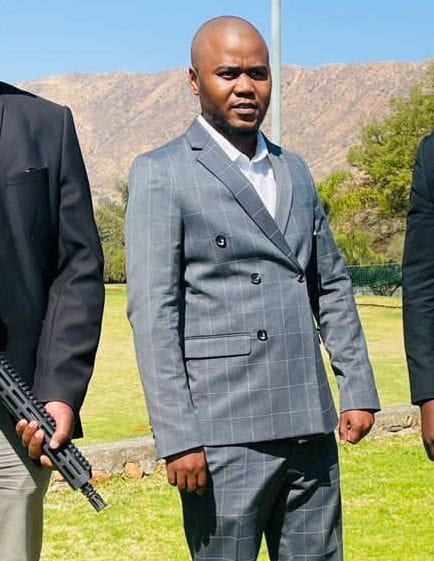 Mvianga dismisses Royal Bafokeng’s response to his court application
Mvianga dismisses Royal Bafokeng’s response to his court application
-
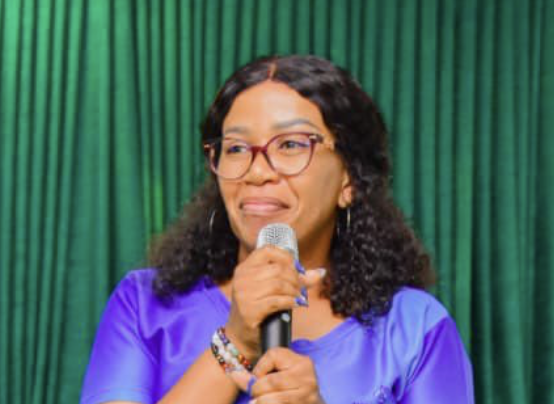 ANC denies ever raising funds from City of Matlosana
ANC denies ever raising funds from City of Matlosana
-
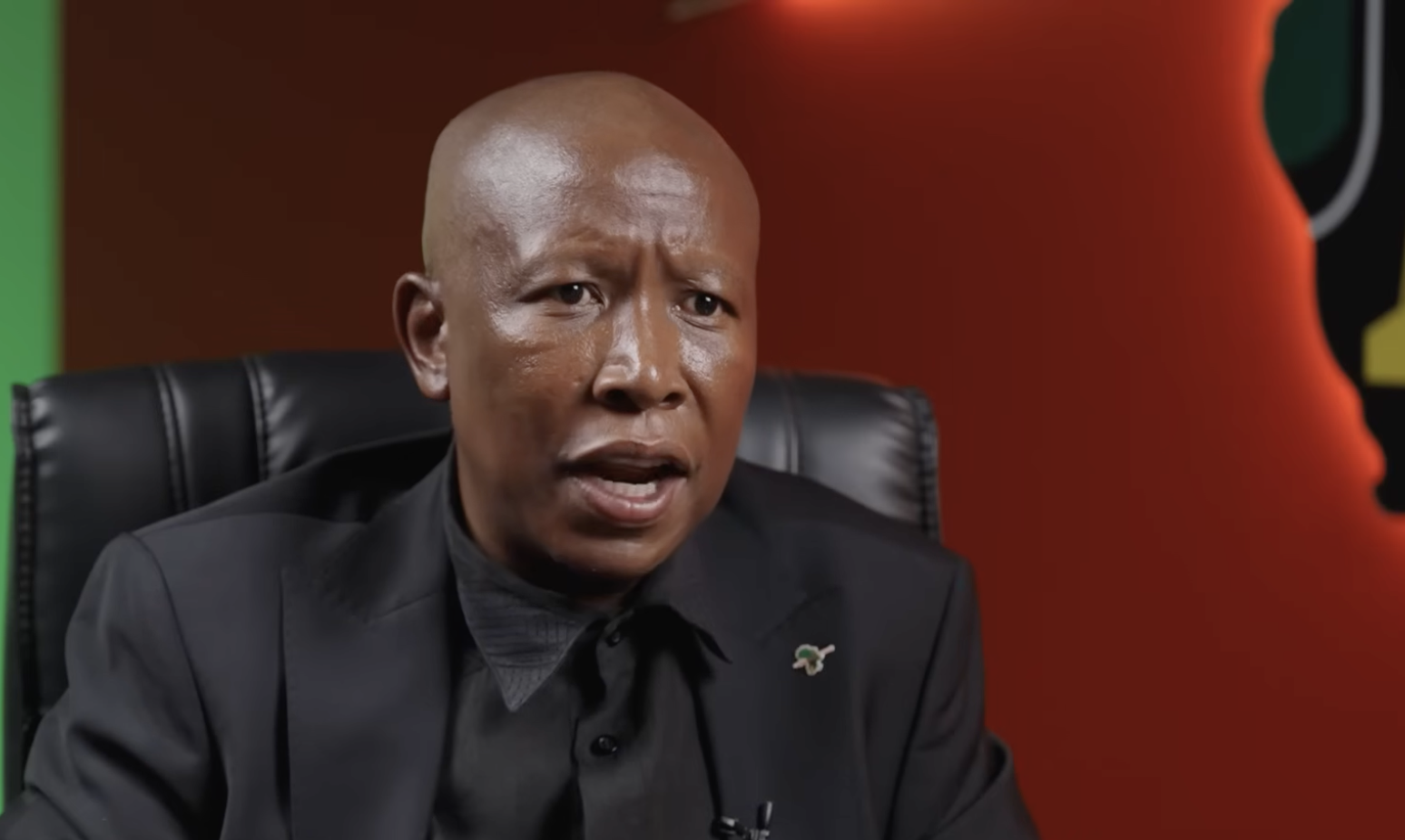 ‘SA must boycott the World Cup’ – Malema
‘SA must boycott the World Cup’ – Malema
-
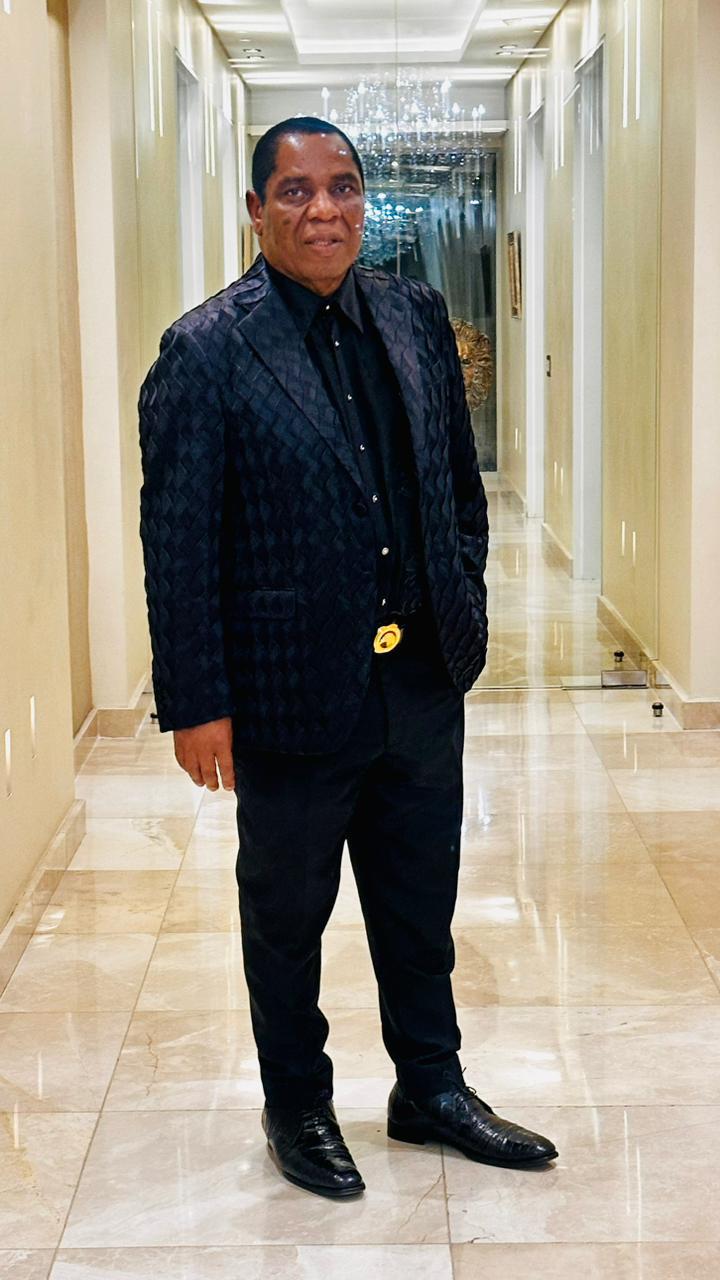 Transnet loses third court battle and ordered to pay R60m to Gijima
Transnet loses third court battle and ordered to pay R60m to Gijima
-
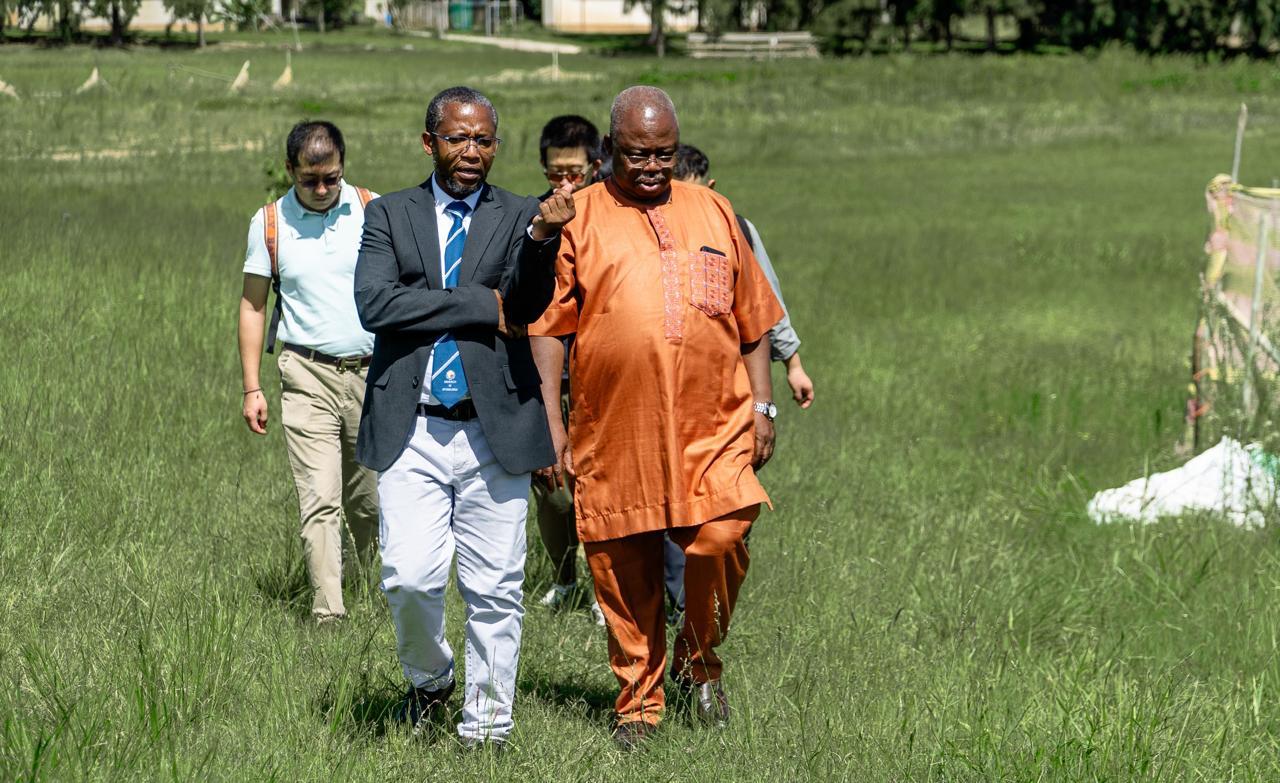 UMP’s ambition to position SA as a leading rice exporter
UMP’s ambition to position SA as a leading rice exporter
PA still committed to GNU – Chinelle Stevens
Sizwe sama Yende
The Patriotic Alliance (PA) has reiterated its willingness to participate in the ANC’s proposed Government of National Unity (GNU) despite rumours to the contrary.
The PA is the sixth largest party, which got 2.06% of the vote and is assured of nine seats in the National Assembly.
Following its major slump in votes, the ANC has invited all parties to form a GNU. With only 40.18% of the vote, the liberation movement will be unable for the first time since 1994 to form a government on its own.
So far, the PA, the DA and the IFP have shown interested in the ANC’s proposal. The EFF has reservations with the involvement of the DA, while the MK Party has started discussions with the ANC.
PA secretary-general, Chinelle Stevens, said that the party was open to taking part in the GNU.
“We are in active discussions with other parties to this effect and we are firmly committed to being constructive partners in achieving a positive outcome,” Stevens said.
“The Patriotic Alliance subscribes to a policy of constructive engagement with all political parties. Our approach is one of seeking consensus wherever possible, and agreeing to disagree when necessary, always with the national interest at heart,” she said.
Stevens said that the call of the electorate to overcome political differences had to be heeded.
“Our desire is to navigate through this constitutional process as swiftly and efficiently as possible. The quicker we conclude this process, the sooner we can dedicate ourselves to the pressing task of governing our nation,” she added.
Stevens said the Patriotic Alliance was ready to play a constructive and pivotal role in the GNU.
Joleen Steyn Kotze, a political scientist from the University of the Free State, said that she believed that five political parties, including those with the highest shares of votes, were key to constituting a unity government.
“This view applies even to those parties, such as the Economic Freedom Fighters, that have already shot down the idea of a Government of National Unity. In my view, attempts should be made to bring in smaller but significant political parties,” Kotze said in an opinion piece she wrote for the Conversation.
She said the five parties were the ANC, DA, EFF, IFP and PA.
These parties are critical to creating an inclusive government representative of South Africa’s voting public.
“Jacob Zuma’s Umkhonto we Sizwe Party with the third largest share of votes, has an anti-constitutional stance that rules it out as a good potential partner in a unity government. In fact, at the time of writing, the party was planning to the first sitting of parliament, through a court interdict,” Kotze said.
Kotze however said that the proposed GNU was poised to encounter various areas of contention – due to different ideologies.
She said that the ANC’s policies such black economic empowerment were likely to be a point of debate between it and the DA, as they balance transformation and building state capacity.
“The Democratic Alliance is committed to a form of meritocracy, as seen in its manifesto. Nationalisation of banks and land will become key contestation points for the Economic Freedom Fighters and the other potential political partners. Serious economic repercussions may arise if they cannot reach common ground.”
Kotze said that the PA was a wildcard, because its economic and political demands in a unity government remained unclear and its position on land was unknown.
“Political parties must show ideological flexibility to foster stability and drive South Africa towards prosperity through creative policy solutions. Maturity, compromise and ideological agility are crucial for achieving a government of national unity to rebuild the nation,” she said.
